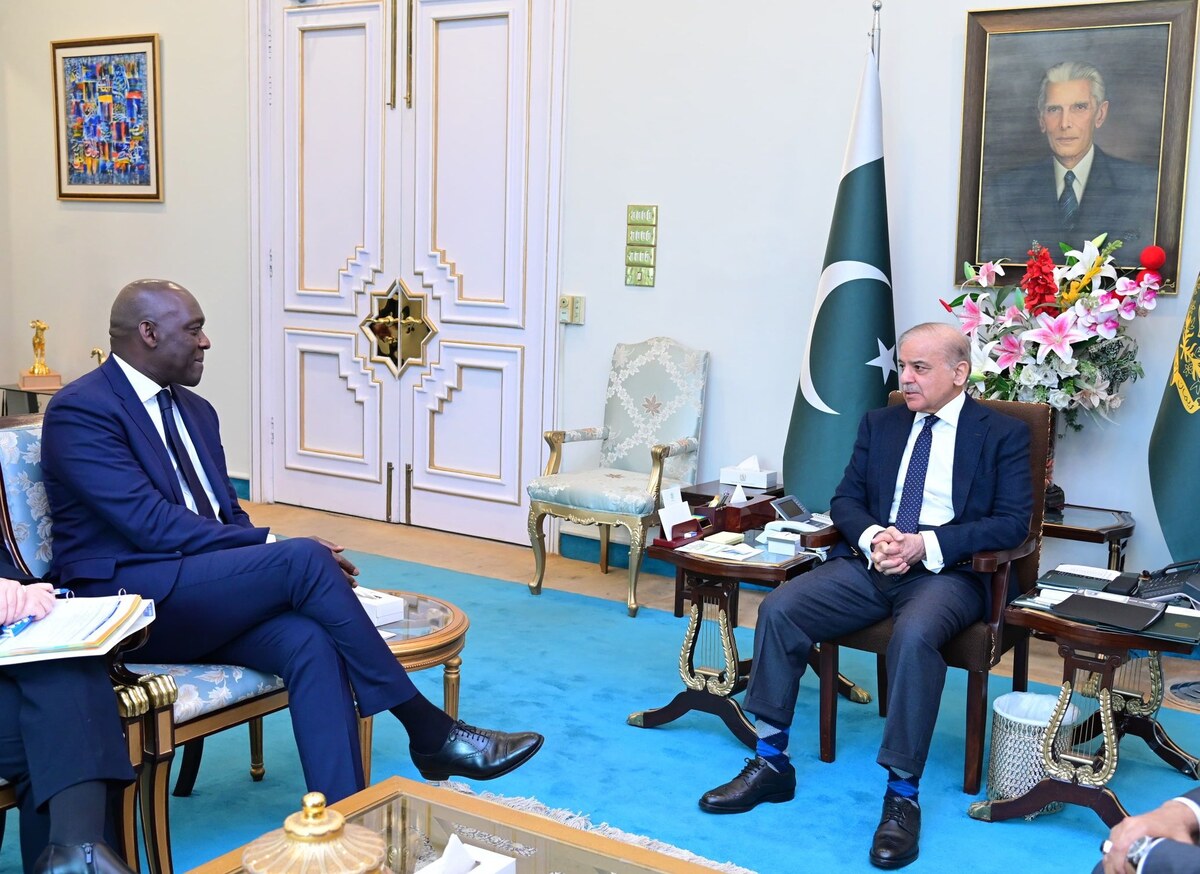ISLAMABAD: Pakistan’s car sales surged by 61 percent year-on-year (YoY) in January due to lower interest rates, increased customer confidence and newer variants entering the market, a top brokerage house said in its report this week.
Pakistan car sales were clocked in at 17,010 units in January 2025, reflecting a 61 percent YoY surge and a 73 percent month-on-month (MoM) increase, Topline Securities said in its report on Tuesday.
Pakistan’s central bank last month announced cutting its key interest rate by 100 basis points to 12 percent. The State Bank of Pakistan (SBP) has slashed rates from an all-time high of 22 percent in June 2024 in one of the most aggressive moves among central banks of emerging markets. Lower interest rates charged by the SBP means commercial banks also lower the interest rates they charge on loans, including auto loans.
“The YoY rise in car sales is driven by lowered interest rates, improved consumer confidence, and the introduction of newer variants and models,” Topline Securities said in its report.
“MoM increase is primarily due to the low base effect, as December sales are typically low with buyers delaying purchases for new-year registrations, and SAZEW data not being released leading to an uptick in January,” it added.
For the seven months of the current financial year, 7MFY25, auto sales have surged to 77,686 units, a 55 percent YoY rise from 49,989 units in 7MFY24.
It said all auto companies have seen a rise in YoY and MoM car sales.
“Two and three-wheelers’ sales increased by 33 percent YoY and 18 percent MoM totaling to 139,161 units (2.5-year high) in January 2025,” the report said.
It said the tractor industry recorded sales of 2,761 units, marking a 28 percent YoY and 61 percent MoM decrease, while truck and bus sales in Jan 2025 were up 2.57x YoY and 3.22x MoM, reaching 621 units after 3 years (last recorded in January 2022).
“Auto sales have seen a boost and this is expected to continue as auto financing recovers amidst interest rates fall and new variants enter the market,” the report concluded.


















